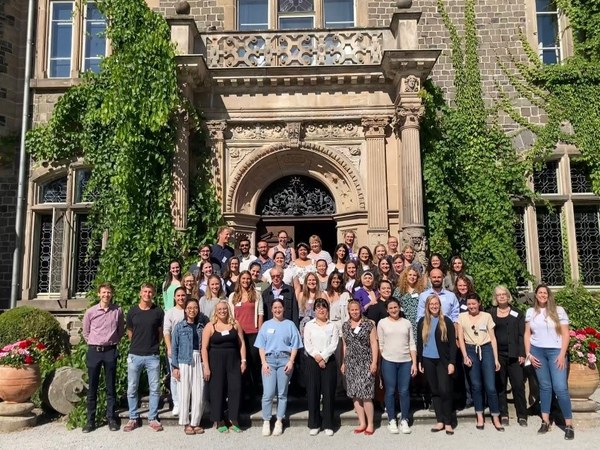Information
To apply for the autumn school click here.
Aims and scope of the Autumn School series
Complex interdisciplinary interactions emerge as an important melting pot for the development of new integrative approaches addressing modern civilization health challenges. The activation of the immune system in interaction with the brain in health and disease forms the core of this multidisciplinary bio-psycho-social research approach. Multiple immune-derived messengers originating from peripheral inflammatory insults contribute to immune-brain communication while neurogenic mediators can modulate the peripheral immune response. Recent evidence showed that these processes have high similarities in different organs, but organ-specific disease relevance. Besides the largely investigated gut-brain axis, the lung-brain and skin-brain axes deserve increasing attention.
Research in psychoneuroimmunology (PNI) is instrumental to achieve breakthroughs in these research fields with a high potential to spread these concepts to other research areas. While the COVID-19 crisis highlights the importance of infection trespassing body barriers, these relatively new research fields remain poorly understood. Here, we combine the expertise of the German-Endocrine-Brain-Immune-Network (GEBIN) and the recently established European PNI Network (EPN) with specialists in lung and skin research to establish training events for a new generation of young motivated researchers. The scope is to promote novel research on health challenges of substantial relevance. This series of Autumn Schools will foster interactions between leaders and trainees in traditionally separated research fields within the framework of PNI. We aim at creating an attractive atmosphere to increase the interest of a new generation of scientists who should contribute to the development of an urgently needed integrative multidisciplinary medicine.
Selection of the venue
The castle “Rauischholzhausen” was first mentioned between 750 and 779 a.c.. This castle is a Justus Liebig University Giessen conference center. It has the charm of an old castle, and is fully equipped to foster close formal and informal interactions during scientific trainings between of all participants. Besides the main castle building with its lecture halls, dining halls, and bedrooms, there are additional buildings for accommodation, social rooms, and a beautiful park surrounding the castle (https://www.uni-giessen.de/about/rhh).
Format of the School
The format follows a template that ensures continuity and some branding of this specific trainee event series, overall lecturers invited to teach at the school and awarded trainees will interact in the following formats:
- Each day will start with the morning teaching, which covers three thematically related areas. Each of the 20 Lecturers will be allotted 40 minutes for his/her talk, followed by 20 minutes discussion and a coffee or lunch break.
- Afternoon sessions will provide excursions and practical courses with “hands on” formats that promote active participation of the awardees.
- After dinner sessions will be organized to support social interaction and networking

Different formats like one-by-one elevator pitch, match-making for mentors and peers, meet the PI, and career development courses “How to start your own research group” will ensure lively interaction. Informal interaction with the lectures will also be fostered in the frame of excursions to local sites in Gießen/Marburg. An Autumn School Mini-Congress Presentation Event will allow the trainees to present their own research in short oral and poster presentations.
